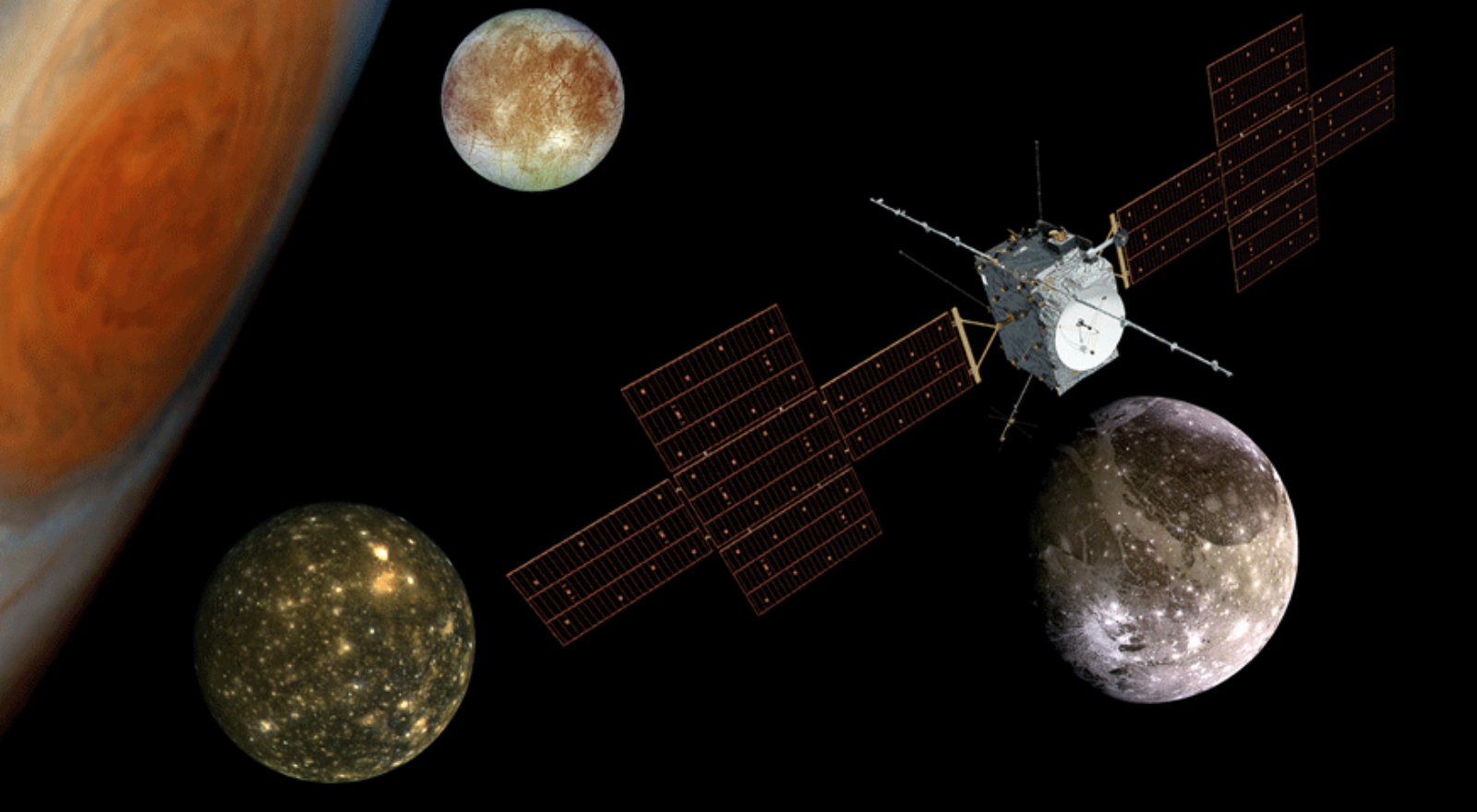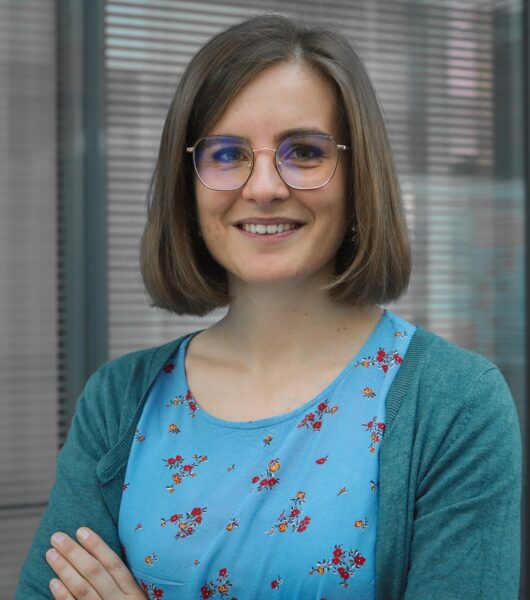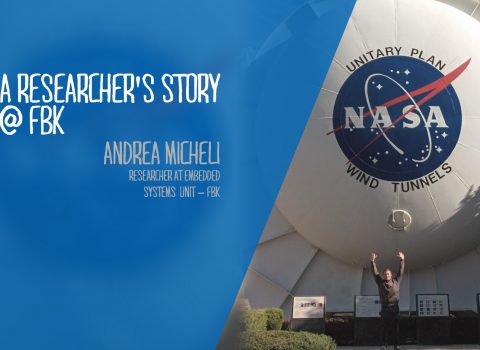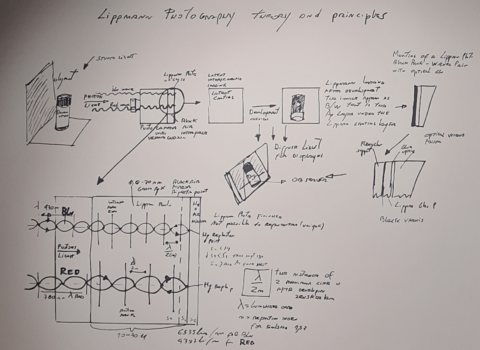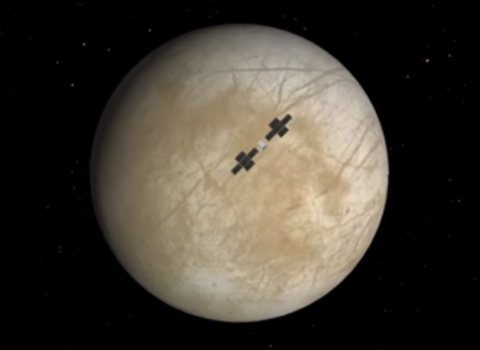
Elena Donini selected visiting scientist by ESA ARCHIVAL RESEARCH VISITOR PROGRAMME
The FBK researcher has been selected by an independent committee and will be spending a period at ESA in spring-summer 2024. She will develop an advanced method to efficiently select significant radargrams in large archives. The research will be applied to RIME/JUICE and SRS/EnVision subsurface radar space missions in which FBK is involved
Elena Donini, a researcher at the Remote Sensing for Digital Earth unit at FBK Digital Society Center, has been selected to participate in the Archival Research Visitor Program at the European Space Agency (ESA). An independent committee successfully evaluated her proposal to conduct scientific research utilizing data from the ESA Space Science Archives. As a result, she will be visiting the European Space Research and Technology Centre (ESTEC) in Noordwijk, Netherlands, for three months in late 2024 spring.
During her stay, Elena will work on the project Fast CARS (Fast Content-based Radar soundEr Data Retrieval), which focuses on enhancing subsurface geologic information extraction from radar sounder data. Over recent decades, radar sounders mounted on satellites and aircraft have gathered substantial data, with upcoming planetary missions expected to add significantly to these archives. Content-based image retrieval techniques are promising for searching within large radar sounder data archives, although challenges exist due to the unique characteristics of radar sounder data.
Elena will develop an advanced method for efficiently retrieving radar sounder imagery from extensive archives.
Fast CARS project
- The primary scientific goal of Fast CARS is to leverage radar sounder data unique properties for extracting subsurface geological information.
- The secondary scientific objectives encompass the analysis of existing ESA radar sounder archives (e.g., MARSIS/MarsExpress) to identify documented geological features, such as subglacial water and volcanic structures, in new radargrams as well as to discover not-characterized geological targets to advance our understanding of Mars.
The intention is to use the developed method to explore archives of future ESA radar sounder mission that we collaborate with, including the data archives of RIME/JUICE and SRS/EnVision to derive distinctive insights into geological structures and processes in the unexplored subsurface of Jovian and Venus moons .
ESA ARCHIVAL RESEARCH VISITOR PROGRAMME
The visitor program welcomes scientists interested in pursuing research based on publicly available data in the ESA Space Science Archives to increase the scientific return from its space science missions. The Archives host data from all current and past ESA space science missions in astronomy, planetary science, and heliophysics.
The ESA Archival Research Visitor Programme is open to scientists at all career levels affiliated with institutes in ESA Member States and Collaborating States. ESA covers travel costs from and to the home institution and provides support for lodging expenses and meals.
During their stay, visiting scientists have the opportunity to interact with archive and mission specialists for questions on the retrieval, calibration, and analysis of archival data. In principle, all areas of space research covered by ESA science missions can be supported.
Cover Copyright: NASA/JPL/DLR/ESA/ATG medialab
